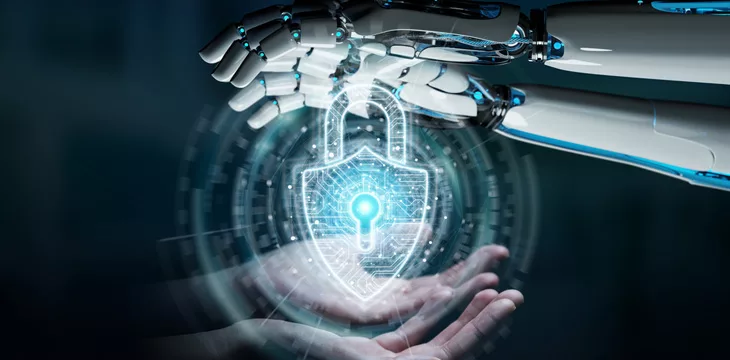|
Getting your Trinity Audio player ready...
|
Service members in the Philippines armed forces have been banned from using artificial intelligence (AI) applications to generate personal portraits of themselves over mounting security concerns.
Defense Secretary Gilberto Teodoro Jr. confirmed the military’s position via an internal memo, warning all personnel about the dangers of generative AI tools. The Department of National Defense disclosed that it had spotted a worrying trend of residents submitting up to ten photographs of themselves to AI platforms to generate synthetic versions.
Teodoro noted that the bad actors may use AI-generated images to perpetuate financial fraud on unsuspecting victims. For the armed forces, Teodoro warns that using such AI platforms by the country’s 163,000-member military has far-reaching consequences on national security.
He urged military personnel to “practice vigilance in sharing information online” as the country ramps its defense against communist insurgents and external aggression in the South China Sea.
“This seemingly harmless and amusing AI-powered application can be maliciously used to create fake profiles that can lead to identity theft, social engineering, phishing attacks and other malicious activities,” said Teodoro. “There has already been a report of such a case.”
While military personnel have been restricted from using AI apps, other branches of the Philippines’ executive are embracing the technology. The country’s Justice Department recently unfurled a plan to use AI to crack down on human trafficking in airports. Still, concerns around the comfort of travelers continue to plague its implementation.
Early in the week, Supreme Court Chief Justice Alexander Gesmundo confirmed plans to integrate AI into the Filipino legal system. Going forward, AI tools will be deployed to record testimonies of witnesses and provide customer care services to members of the public.
“Court employees serve as the very backbone of our judicial system,” remarked Gesmundo. “The text-to-voice AI will not eliminate the job of our stenographers but will make them more efficient and reliable.”
Despite the warm embrace of government agencies, the legislature has repeatedly denied requests to fund the building of a Centre for Artificial Intelligence Research (CAIR) in Laguna.
Early attempts for AI regulation
Aware of the risks stemming from the widespread use of AI, the University of the Philippines (UP) has begun piecing together a draft proposal for AI regulation. The university says its attempt will focus on preventing the widespread use of deepfakes while paying special attention to the job security of Filipinos.
“It is very critical that UP does its role as the national university in helping the country tread along this new environment,” said Johnrob Bantang, head of UP’s Computational Science Research Center.
The university’s framework will also focus on safeguarding the copyrights of creatives while protecting the personal data of consumers, building on its previous attempts at charting a sustainable framework for blockchain.
In order for artificial intelligence (AI) to work right within the law and thrive in the face of growing challenges, it needs to integrate an enterprise blockchain system that ensures data input quality and ownership—allowing it to keep data safe while also guaranteeing the immutability of data. Check out CoinGeek’s coverage on this emerging tech to learn more why Enterprise blockchain will be the backbone of AI.
Watch: Philippines is ready to implement blockchain

 02-17-2026
02-17-2026 




